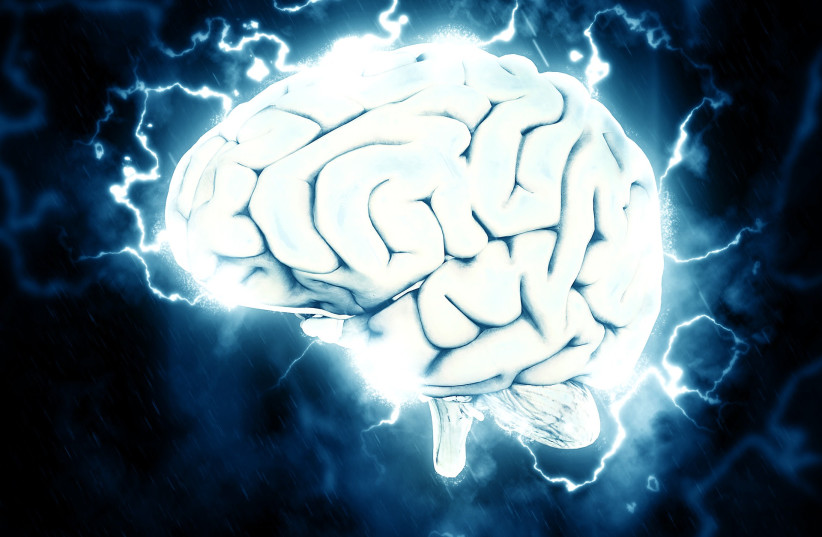How do we process memory in our sleep? - study
Scientists were able to enhance memories in sleeping participants by stimulating specific regions of their brains in synchrony.

Researchers have made a significant breakthrough in understanding how our brains consolidate memories during sleep. In the first study of its kind, scientists were able to enhance memories in sleeping participants by stimulating specific regions of their brains in unison.
The study, which was peer-reviewed and published in the scientific journal Nature Neuroscience, involved individuals with severe epilepsy who agreed to participate while undergoing observation for their seizures. Researchers targeted the brain areas involved in memory consolidation during sleep, aiming to test the dominant theory in the field in a casual manner.
Throughout the day, events are recorded in a brain region called the hippocampus. During sleep, the brain consolidates and transfers these memories to the neocortex, where they are stored long-term. The study sheds light on the process by which this consolidation occurs.
How was the study conducted?
Lead author Itzhak Fried, a neurosurgeon at the University of California, Los Angeles, implanted electrodes in the brains of epileptic patients and monitored their brain activity during deep sleep.By stimulating the relevant areas in a synchronized manner, the researchers aimed to enhance memory consolidation.

Fried explained that the brain replays events during sleep, but not in the exact way they occurred during wakefulness. This replay process is believed to be more efficient in consolidating memories.
Understanding the relationship between sleep and memory has implications for various conditions. Sleep deprivation, for example, slows down brain cell firing and affects daytime functioning. Memory-related disorders like Alzheimer's and Parkinson's often disrupt sleep, worsening the progression of the diseases.
Fried hopes that by unraveling the connection between sleep and memory, researchers can develop interventions for people with memory disorders. He drew an analogy between the stimulation's effect and a hearing aid, suggesting that memory could be amplified in a similar way. In the future, this approach could be used to identify and modify traumatic memories.






